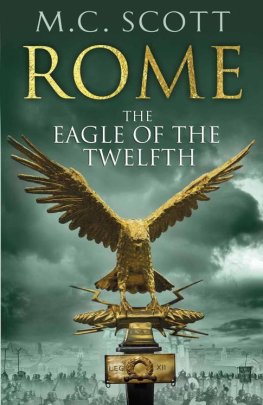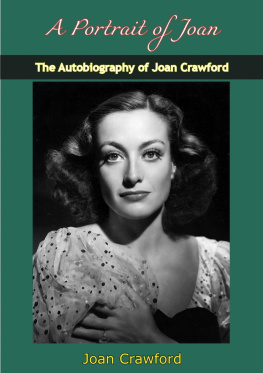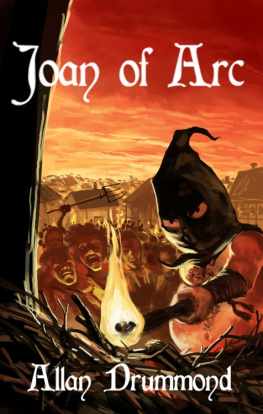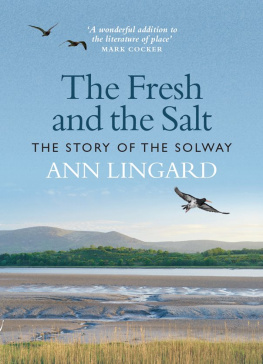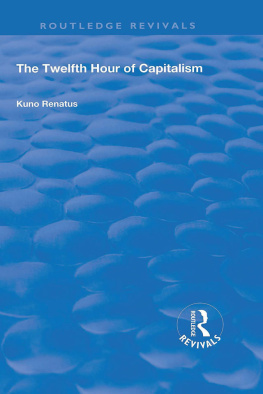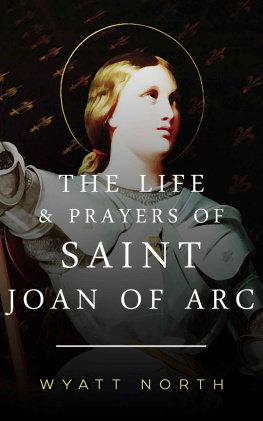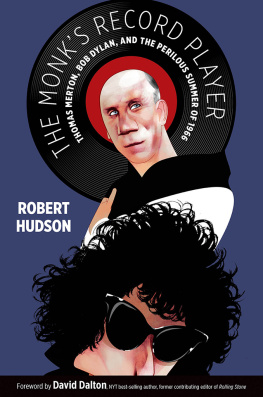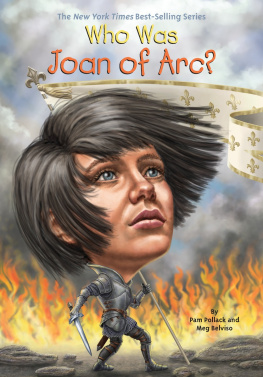Joan Lingard - Twelfth Day of July
Here you can read online Joan Lingard - Twelfth Day of July full text of the book (entire story) in english for free. Download pdf and epub, get meaning, cover and reviews about this ebook. year: 1995, publisher: Penguin Books, genre: Art. Description of the work, (preface) as well as reviews are available. Best literature library LitArk.com created for fans of good reading and offers a wide selection of genres:
Romance novel
Science fiction
Adventure
Detective
Science
History
Home and family
Prose
Art
Politics
Computer
Non-fiction
Religion
Business
Children
Humor
Choose a favorite category and find really read worthwhile books. Enjoy immersion in the world of imagination, feel the emotions of the characters or learn something new for yourself, make an fascinating discovery.

- Book:Twelfth Day of July
- Author:
- Publisher:Penguin Books
- Genre:
- Year:1995
- Rating:4 / 5
- Favourites:Add to favourites
- Your mark:
- 80
- 1
- 2
- 3
- 4
- 5
Twelfth Day of July: summary, description and annotation
We offer to read an annotation, description, summary or preface (depends on what the author of the book "Twelfth Day of July" wrote himself). If you haven't found the necessary information about the book — write in the comments, we will try to find it.
Twelfth Day of July — read online for free the complete book (whole text) full work
Below is the text of the book, divided by pages. System saving the place of the last page read, allows you to conveniently read the book "Twelfth Day of July" online for free, without having to search again every time where you left off. Put a bookmark, and you can go to the page where you finished reading at any time.
Font size:
Interval:
Bookmark:
PUFFIN BOOKS
The Twelfth Day of July
Joan Lingard was born in Edinburgh but grew up in Belfast where she lived until she was eighteen. She began writing when she was eleven, and has never wanted to be anything other than a writer. She is the author of more than twenty novels for young people and thirteen for adults. Joan Lingard has three grownup daughters and three grandchildren, and lives in Edinburgh with her Latvian/Canadian husband.
Joan Lingard

PUFFIN
PUFFIN BOOKS
Published by the Penguin Group
Penguin Books Ltd, 80 Strand, London WC2R 0RL, England
Penguin Putnam Inc., 375 Hudson Street, New York, New York 10014, USA
Penguin Books Australia Ltd, 250 Camberwell Road, Camberwell, Victoria 3124, Australia
Penguin Books Canada Ltd, 10 Alcorn Avenue, Toronto, Ontario, Canada M4V 3B2
Penguin Books India (P) Ltd, 11 Community Centre, Panchsheel Park, New Delhi 110 017, India
Penguin Books (NZ) Ltd, Cnr Rosedale and Airborne Roads, Albany, Auckland, New Zealand
Penguin Books (South Africa) (Pty) Ltd, 24 Sturdee Avenue, Rosebank 2196, South Africa
Penguin Books Ltd, Registered Offices: 80 Strand, London WC2R 0RL, England
www.penguin.com
First published by Hamish Hamilton 1970
Published in Puffin Books 1973
Reprinted in Penguin Books, 1989
Reissued in this edition 1995, 2003
Copyright Joan Lingard, 1970
All rights reserved
Except in the United States of America, this book is sold subject to the condition that it shall not, by way of trade or otherwise, be lent, re-sold, hired out, or otherwise circulated without the publishers prior consent in any form of binding or cover other than that in which it is published and without a similar condition including this condition being imposed on the subsequent purchaser
British Library Cataloguing in Publication Data
A CIP catalogue record for this book is available from the British Library
ISBN: 978-0-14-192668-1
For
Kersten, Bridget and Jennifer
It was the seventh day of July. Only five more days till the Glorious Twelfth! Sadie and Tommy Jackson were marking them off on the calendar that hung on the back of the kitchen door.
Their father was in a good mood. He had started his two weeks holiday, and he had just come in from the pub. He sat in his chair with the evening paper folded on his knee, smiling at his children. He remembered, when they were small, how he used to take one on either knee and talk to them. He leaned forward suddenly and asked them a question.
Whos the good man?
King Billy, they chorused with delight, falling in quickly with his mood.
What does King Billy ride?
A white horse.
Wheres the white horse kept?
In the Orange Hall.
Wheres the Orange Hall?
Up Sandy Row.
And Mr Jackson lowered his voice whos the bad man?
The Pope! they shrieked, jumping up and down on the old settee.
Mr Jackson sat back, well pleased with himself and his children. They knew all the right answers, for he had taught them well.
Come off that settee, for goodness sake. said their mother, who was less well pleased. Wherell we get the money from if you bust it? Not from your da anyway, you can be sure of that. Half of his moneys gone in the pub before he gets it home.
Now then, Aggie, youve no call to say that. Mr Jackson continued to smile. He never lost his temper: he left that to his wife. One bottle of Guinness is all Ive had.
She sniffed, lifted an egg and cracked it sharply against the edge of the frying pan. The egg went into the pan with a splutter.
Gorgeous smell, said Sadie. Im starved.
She slid round the back of her mother and tried to steal a piece of bacon. Mrs Jackson smacked her over the knuckles with the fish slice. Then she dished out bacon, eggs and fried potato bread on to the four plates beside the cooker. Sadie thought she would die if she didnt get some food into her mouth quickly. The smell filled the whole kitchen.
Tommy looked longingly at the two eggs on his fathers plate.
What age do Ive to be to get two eggs?
Fifteen. When youre working and bringing in some money.
Another year. Tommy sighed. Its now I could be doing with it.
Youre stunting his growth, said Sadie.
Less of your sauce, madam. Come on, then, heres your tea.
Tommy and Sadie fell on the food greedily. Within minutes their plates were clean. Then they took slices of bread from the packet on the table and spread them with jam.
Its no wonder Im poor, said Mrs Jackson, with you let to feed.
Ah, give over, Aggie! said Mr Jackson. Youre never done narking.
She sniffed.
Youre never done sniffing either, said Sadie, and ducked as her mothers hand came up. Sadie was an expert at ducking.
Youre the cheekiest brat in the whole street
Sadie fled from the kitchen, taking the last of her bread with her. She went round the corner of the house and leant against the gable wall to eat it. Theirs was the end of a row of terraced houses. Back-to-backs they were called, for they backed on to the houses in the street behind. They were built of brick that was now darkened with soot and smoke, and sat straight on to the street. No gardens. Sadie did not mind. She liked the street: it was full of noise and interest. Gardens were things she read about in books and sometimes saw from the tops of buses. No one in this part of Belfast had a garden.
She looked up above the rooftops of the street that ran at right-angles to their own and let her eye rest on the shipyard gantries that stuck up into the sky. Her father worked in the yard and Tommy would, too, when he was fifteen. He would build ships that would sail the world over, cross the Atlantic and Pacific, call at New York, San Francisco, Rio de Janeiro Sadie chewed more slowly. She would sail in those ships. She saw herself going up the white gangway, pausing at the top to wave to her family gathered on the quayside below; then she would duck her head and step into another world.
What are you dreaming about? asked Tommy, coming round the corner. He wiped his mouth with the back of his hand.
Nothing.
Sadie straightened herself up. She had been leaning against the flank of King Billys white horse. They had a fine mural of William of Orange and his famous horse on their wall. It was the pride of the street. And beneath it were printed the stirring words: NO SURRENDER. It commemorated the Battle of the Boyne which was fought in 1690. At it, the Protestant forces of William of Orange defeated the Catholics under the command of James II. Every child knew the story and especially liked the tale of the siege of Derry. Thirteen young apprentice boys closed the gates of Derry against the Catholic soldiers. James II, confident that the city must surrender, went to the walls of Derry himself to demand it, but the Protestant citizens lined the walls and shouted: No Surrender!
I can hardly wait till the Twelfth, said Tommy. It was the Protestants day of celebration and remembrance. Tommy was to walk in the Orange parade; he played the flute in the Lodge pipe band. It was the first time he would walk and his chest swelled at the thought of it. He played an imaginary tune now, Dollys Brae, one of the tunes that would sound out on the day, played by band after band after band as they covered the miles of city streets to the field at Finaghy, just outside the town. There, the thousands would gather, eat, drink and be merry, and listen to the speeches reaffirming the Protestant faith.
Twas on the twelfth day of July, in the year of 49,
Next pageFont size:
Interval:
Bookmark:
Similar books «Twelfth Day of July»
Look at similar books to Twelfth Day of July. We have selected literature similar in name and meaning in the hope of providing readers with more options to find new, interesting, not yet read works.
Discussion, reviews of the book Twelfth Day of July and just readers' own opinions. Leave your comments, write what you think about the work, its meaning or the main characters. Specify what exactly you liked and what you didn't like, and why you think so.

